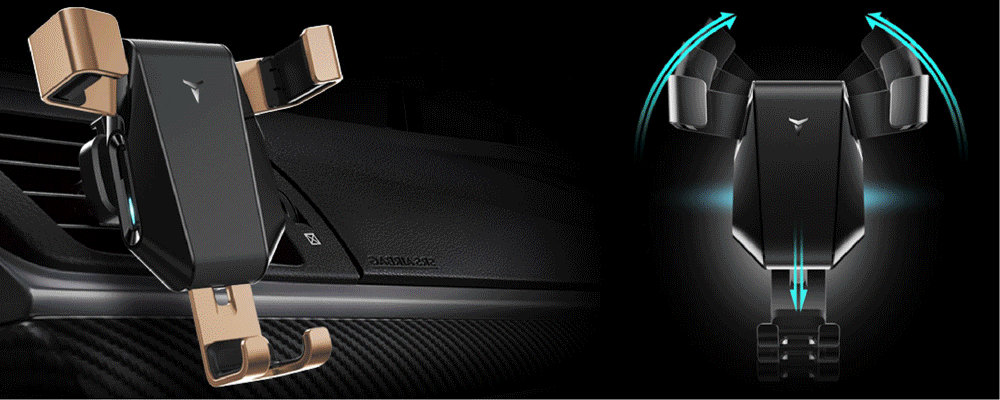How to use our phone in car |
| Author : Delissa Deng Date : 3/31/2019 8:57:20 AM |
“Distracted driving” means doing anything that takes either hand off the wheel, or the eyes off the road and mirrors. There’s a good reason a number of authoritative organizations are strict about this definition — science backs up that humans consistently respond more slowly if they are multitasking at all. However, studies have shown that while people are increasingly using phones in cars, accident rates are not generally higher.
Scientists have investigated what dangers phone use really poses, and especially how accident results differ between drivers who cautiously manage their phone use and those who don’t. Check out this roundup of data points for a fresh perspective on the realities of phones in cars. 1, There’s no way to be truly “safe” when using a phone in the car. An analysis of traffic accidents in British Columbia concluded that cell phone use by drivers increased the odds of a crash by 70% compared with drivers who didn’t. 2,That’s really significant, because around 85% of Americans use their phone while driving.Almost half of drivers in the study admitted having a hazardous situation while using a phone in the prior six months, with the most common of these being a lapse in attending to traffic. 3,Interestingly, traffic accidents overall haven’t increased in the US with the increase in phone usage. So what’s making up the difference? Newer research suggests that people who are comfortable using their phones in cars may just be more risky drivers anyway. Another study in one area found that they were less likely to use seatbelts, as well. On the flip side, drivers who practice good habits like saying no to phone use not only reduce primary dangers from distraction with phone use itself, but also secondary ones like searching for a phone in a pocket, cup holder, console, or purse, and tend to prevent other avoidable distractions as well. |


